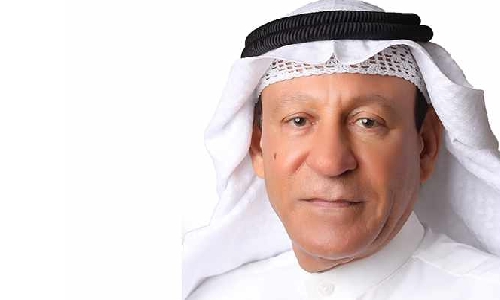Call to establish e-waste recycling factory in Bahrain
TDT | Manama
The Daily Tribune – www.newsofbahrain.com
A leading businessman in the Kingdom has highlighted the need to establish a recycling factory for electronic wastes.
Hameed Al Majid, the Founder and Chief Executive Officer of Al Majid Recycling Factory (the “Factory”), the Kingdom’s leading provider of recycling solutions, underscored the importance of establishing a dedicated facility to process electronic waste (“e-waste”).
It is estimated that e-waste makes up around five per cent of solid municipal waste globally, nearly the same amount of plastic packaging.
However, the former is considered to be far more dangerous, as it contains hazardous materials such as sulphur, lead, mercury, zinc and bromine.
In a statement issued to the media, Al Majid added: “The Kingdom urgently requires adequate recycling solutions to tackle the growing e-waste epidemic.
Unlike traditional solid municipal waste, the treatment of e-waste is a complex matter.
Electronic devices contain a mix of plastic, and glass as well hazardous and non-hazardous metals, each of which uniquely requires treatment.
“It is estimated that there are around 50,000 old electronic devices (equivalent to around 750,000 kilograms of e-waste) held in storage between ministries, financial or educational institutions, which cannot be disposed of due to the lack of adequate treatment solutions.
These institutions require a solution to destroy sensitive and confidential data contained on these electronic devices, before recycling each component in a manner that is safe for the environment.”
The Supreme Council for Environment has taken serious steps to address this epidemic, with the issuance of Resolution (5), 2021, which regulates the treatment of e-waste.
HH Shaikh Abdulla bin Hamad Al Khalifa, the Chairman of the Supreme Council for Environment, called on the private sector to provide e-waste recycling solutions.
Al-Majid commented: “For the past 28 years, our factory has played an integral role in protecting Bahrain’s environment by processing and recycling various types of solid waste that would otherwise end up in a landfill.
The factory has forged strong partnerships with government entities, financial and educational institutions to provide tailor-made recycling solutions, all in the aim of protecting the Kingdom’s environment.”
Al-Majid added: “The most successful recycling initiatives globally are based on integrated public-private partnerships, where the public sector is responsible for providing a robust legislative foundation as well as appropriate support in the form of subsidized funding or access to industrial land, while the private sector is responsible for deploying effective solutions.
To effectively address the Kingdom’s e-waste recycling needs, the local private sector might require similar aid.”
Related Posts

